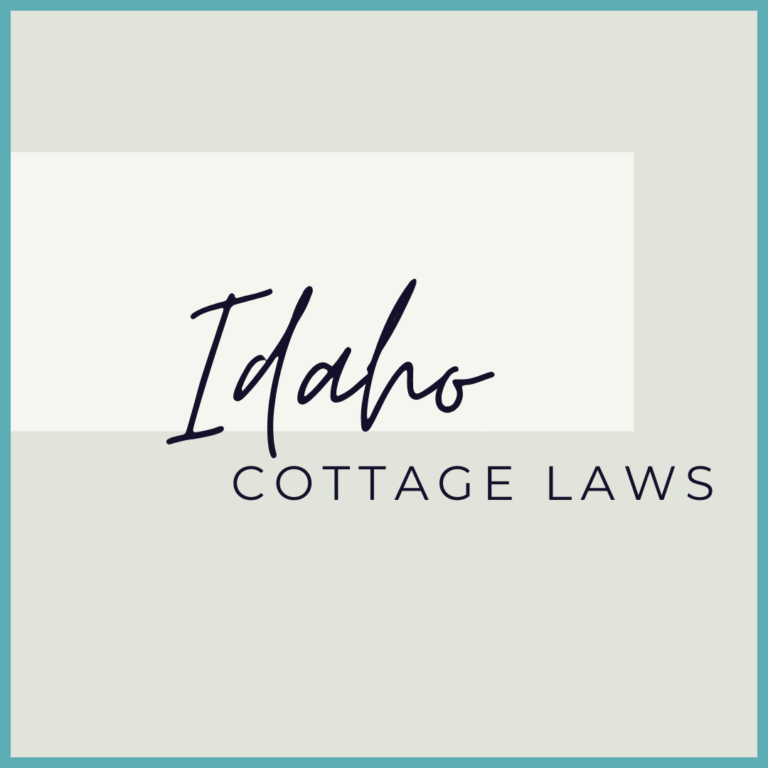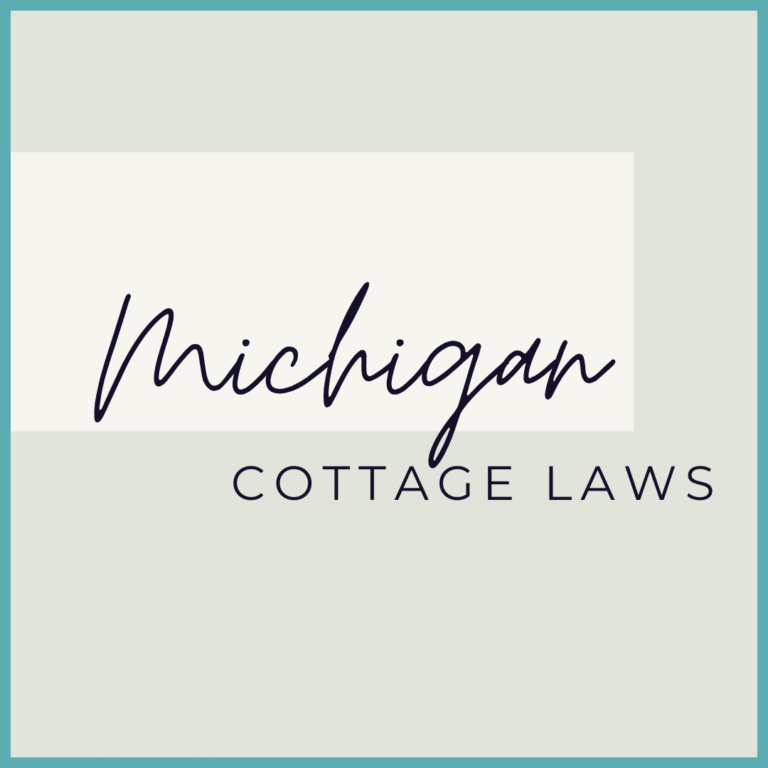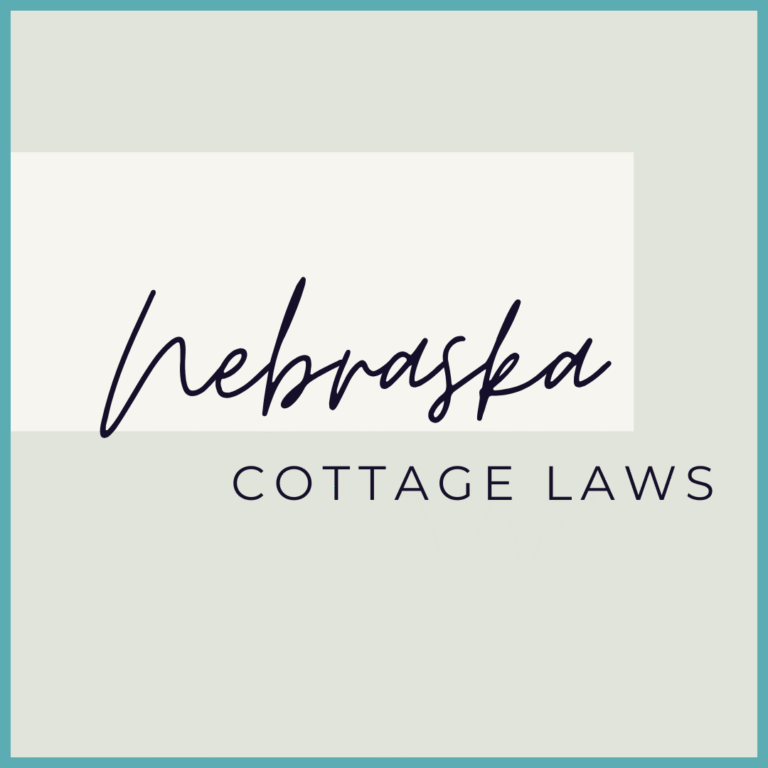Arizona Cottage Laws
Arizona Cottage Food Laws
Hey, Arizona Folks!
(And others curious about how cottage foods work in the Grand Canyon State.)
Arizona offers one of the most flexible and successful cottage food laws in the whole US, with about 10k businesses registered as of 2024. Our amazing Gov. Hobbs passed a bill(HB 2042) and it took effect in September 2024, which greatly expanded what foods can be produced and sold under cottage food regulations.
What Year Did Legislation Pass?
- Original: July 2011 (HB 2103)
- Major update: August 2018 (SB 1022)
- Latest expansion: September 2024 (HB 2042)
Income Limits
NONE! There are no sales limits in Arizona. So SELL SELL SELL!
Cottage Food License/Registration Required?
YES – but it's a very easy process so do not freak out:
- Complete an ANSI-accredited food handler training course (can be done online for less than $10)
- Register online with the health department
- Renew registration every 3 years
No inspection required, but you do have to use your primary kitchen in your house, nothing commercial based.
Where Can You Sell?
Arizona offers extensive selling options:
Most foods can be sold:
- From home
- At events and farmers markets
- In stores
- Online (including shipping)
- Through delivery
- At restaurants
- Via wholesale
IMPORTANT RESTRICTIONS:
- Dairy products and items containing meat/poultry can only be sold directly to consumers (and you must offer in-person delivery)
- When selling in stores, cottage foods must be displayed separately from commercial foods
- Food service establishments cannot use your products as ingredients in other products
- For perishable foods, delivery must maintain safe temperatures and cannot exceed 2 hours
Approved Foods
Arizona allows an exceptionally wide range of foods, including:
Baked Goods
- Breads, rolls, bagels
- Cakes and cupcakes
- Cookies and brownies
- Pastries and donuts
- Tortillas
- Muffins and scones
Candies & Confections
- Chocolates and truffles
- Fudge and brittles
- Cotton candy
- Caramel corn
Dry Goods
- Coffee beans
- Pasta
- Tea leaves
- Herbs and spices
- Cereals
- Dried fruits/vegetables
Condiments & Preserves
- Jams and jellies
- Salsas
- Pickles
- Sauces
- Vinegars
- Honey
- Nut butters
Other
- Frozen produce
- Hard-boiled eggs
- Fermented foods
- Meat jerky (from approved sources)
- Carbonated drinks
- Popcorn and snacks
Prohibited Foods
- Products containing raw milk
- Alcohol or products containing alcohol
- Fish/shellfish products
- Marijuana-infused products
- Meat from unapproved sources
NOTE: You can use meat in products if it falls under federal exemptions:
- Meat legally sold without USDA inspection (e.g., from grocery stores/butchers)
- Meat from your own poultry (if you have 1,000 or fewer birds)
Labeling Requirements
Labels must include in 10-point or larger font:
- Business name
- Product name
- Production date
- Permit number
- Complete ingredient list
- The statement: “This product was produced in a home kitchen that may come in contact with common food allergens and pet allergens and is not subject to public health inspection”
- “To obtain additional information about cottage foods or to report a foodborne illness, go to azdhs.gov/Cottagefood”
For online sales, all label information must be prominently displayed in the listing.
Sales Taxes
State and local taxes apply:
- Register for state transaction privilege tax
- Check with local jurisdictions for additional requirements
- Food for home consumption is generally tax-exempt at state level, but cities may charge tax
Resources
Department Contact
Arizona Department of Health Services
Office of Environmental Health
150 N. 18th Avenue, Suite 140
Phoenix, AZ 85007
Phone: (602) 364-3118
Email: CottageFood@azdhs.gov
Important Links
- Cottage Food Program Website: azdhs.gov/CottageFood
- Online Registration Portal: azdhs.gov/licensing
- Food Handler Training Options: List of ANSI-accredited programs
Analysis: Why Arizona's Law Stands Out
Arizona's cottage food law is considered one of the best in the nation because:
- No sales limits
- Simple registration process
- Wide variety of allowed foods
- Extensive selling venues
- Allows meat products (with restrictions)
- Clear labeling requirements
- Minimal regulatory burden
The 2024 update further improved the law by expanding allowed foods while maintaining important safety standards. The focus remains on making it easy for individuals to start food businesses from home while ensuring consumer safety through basic training and labeling requirements.






